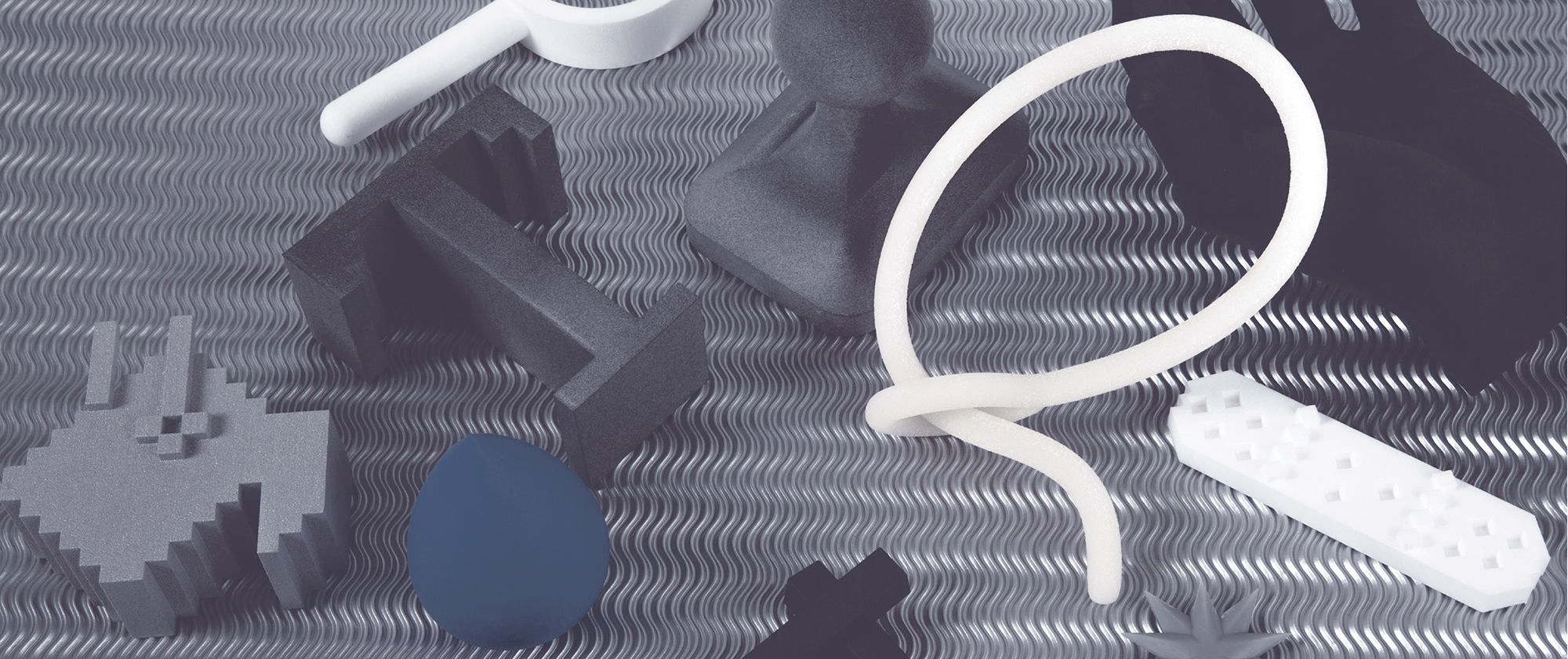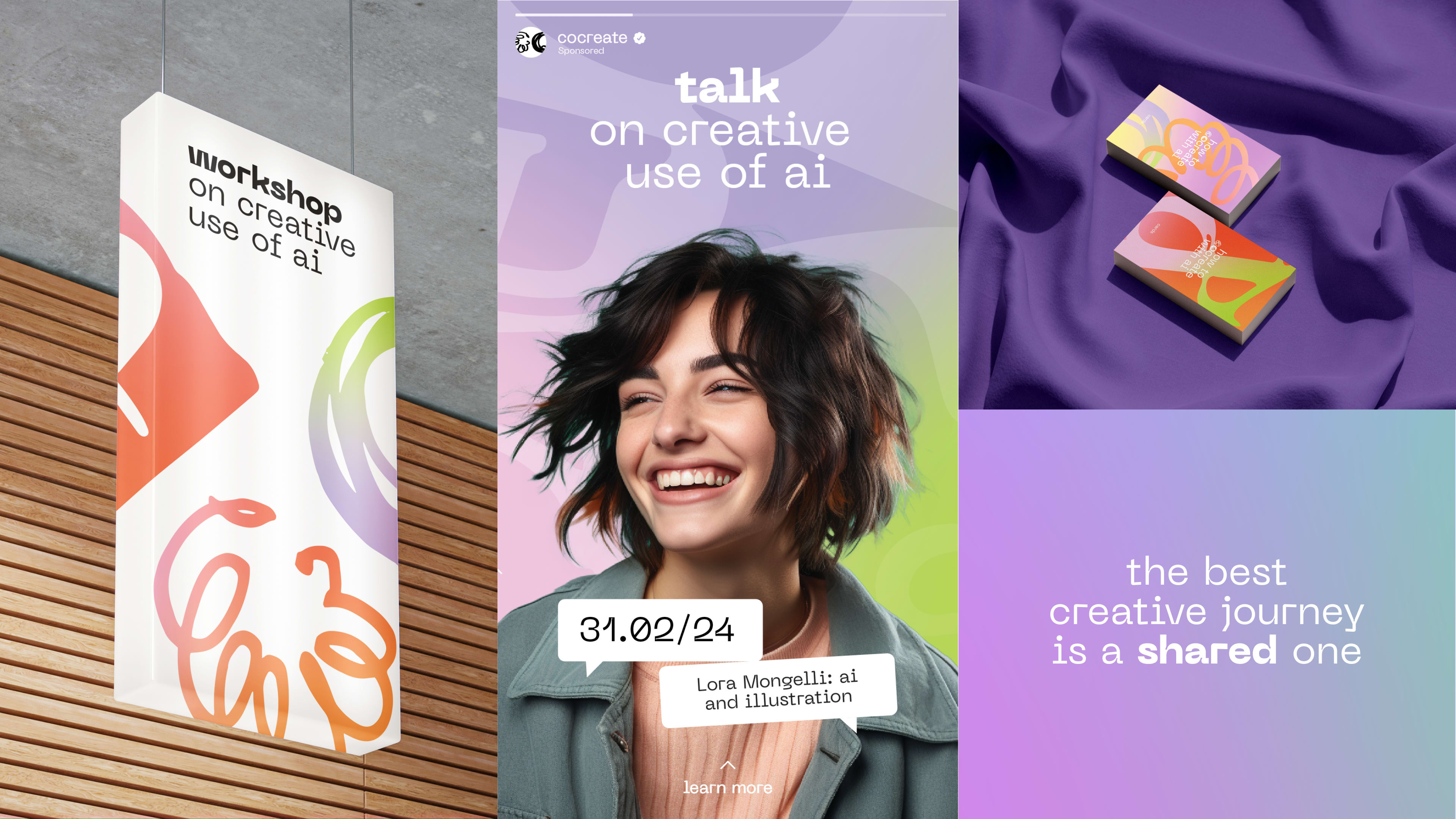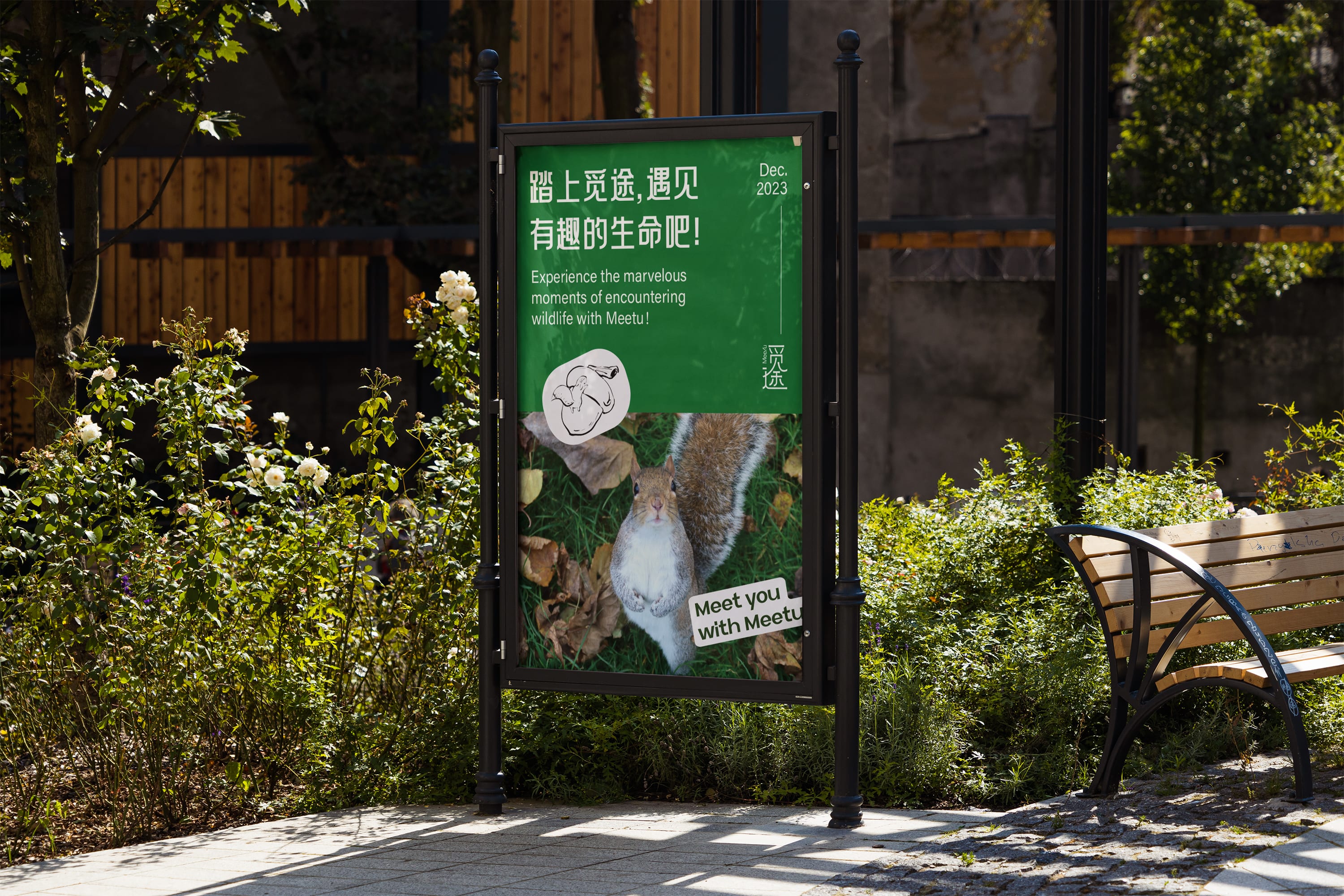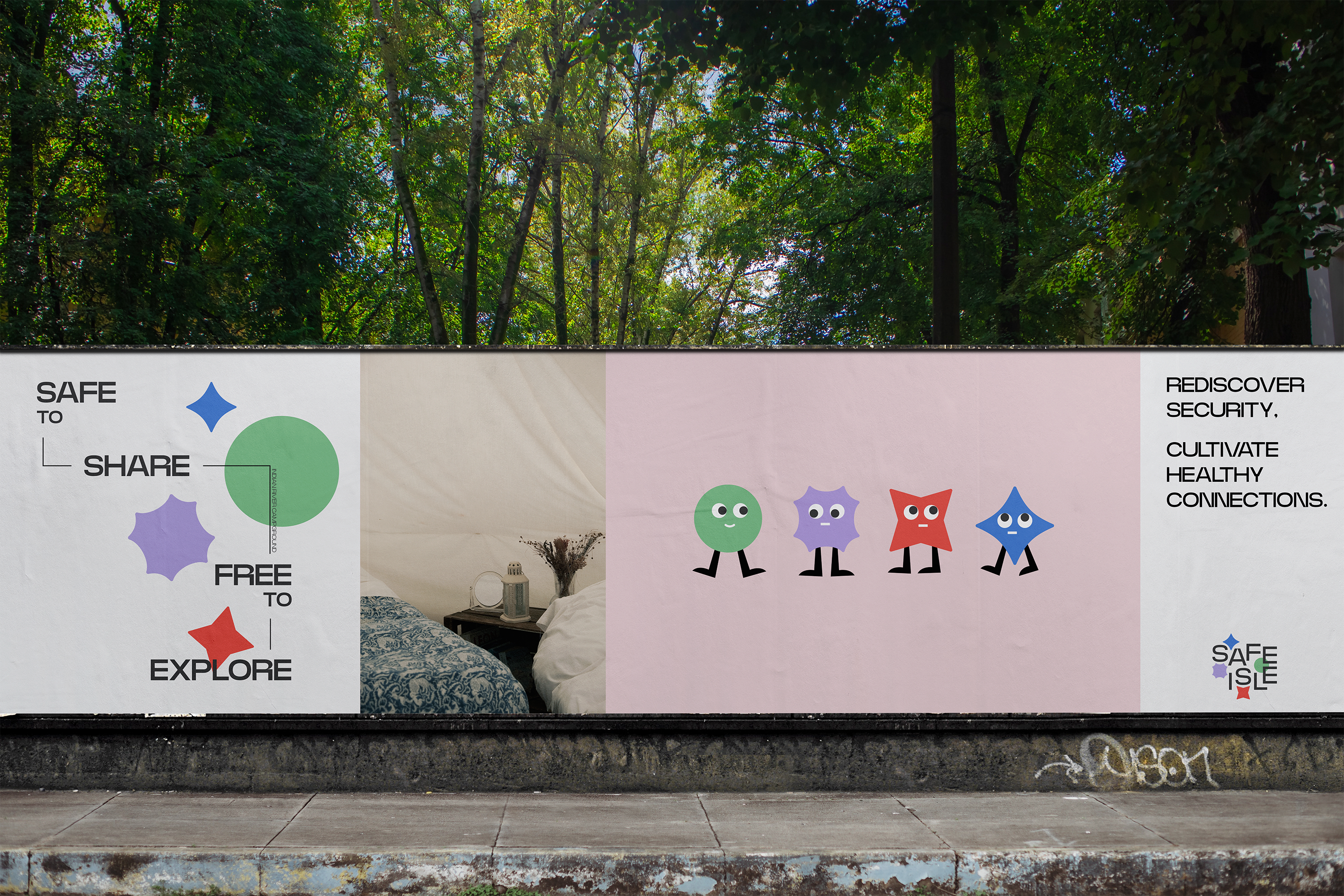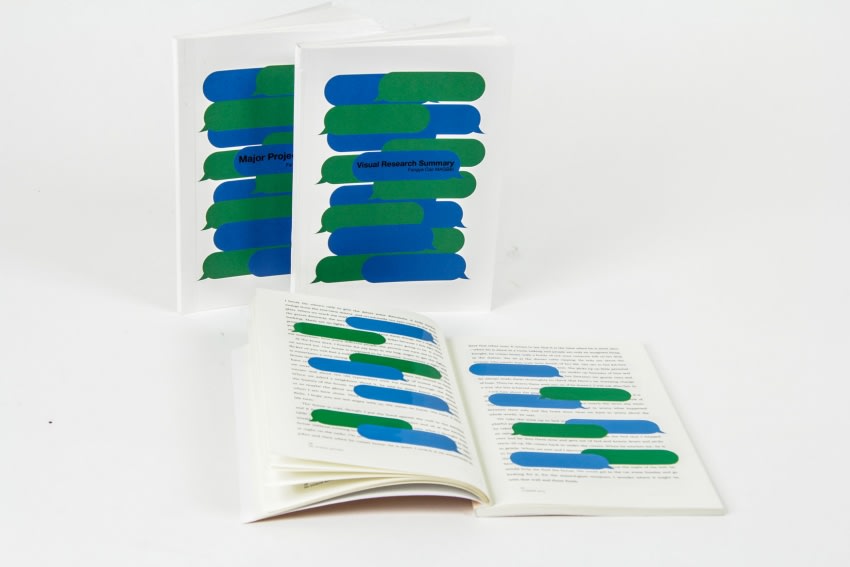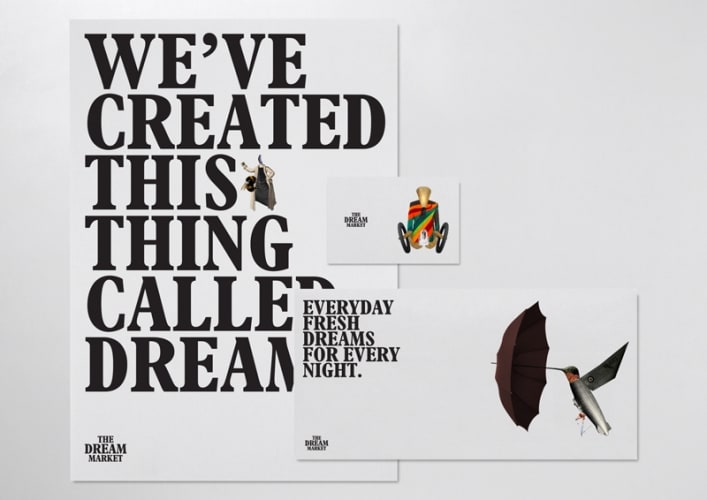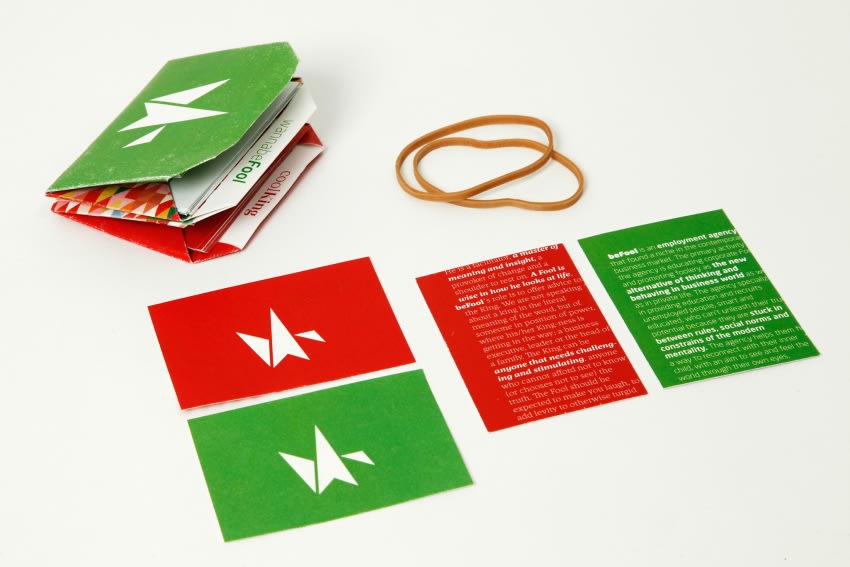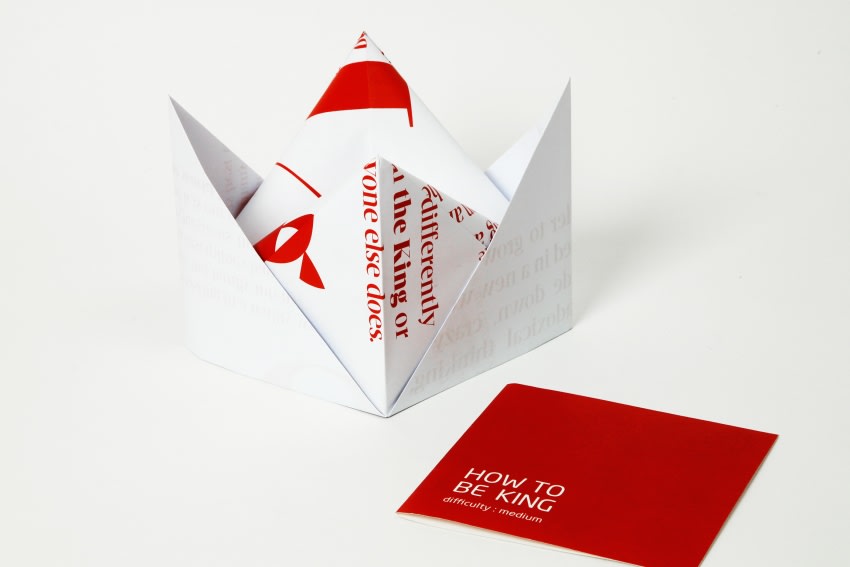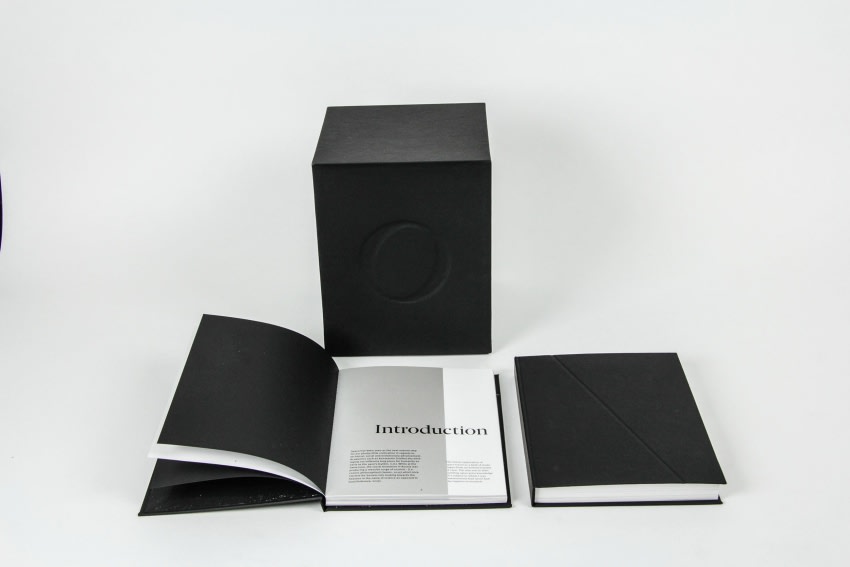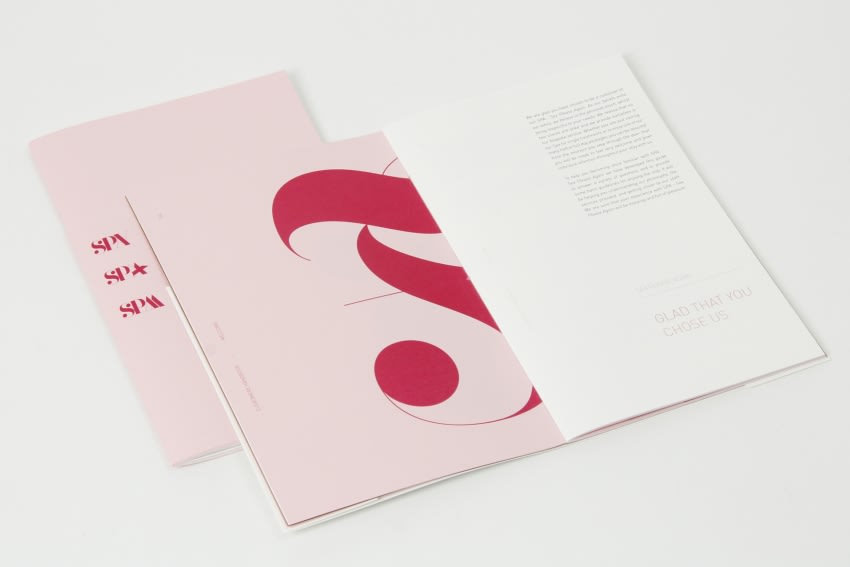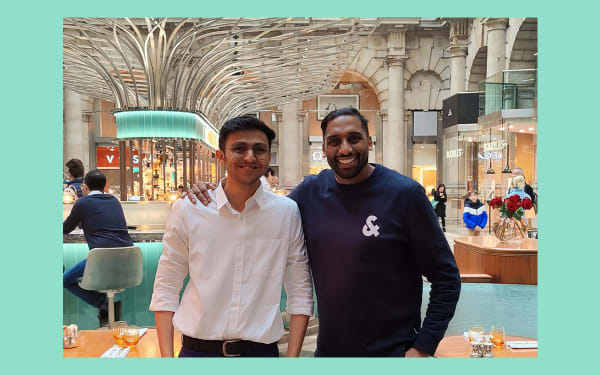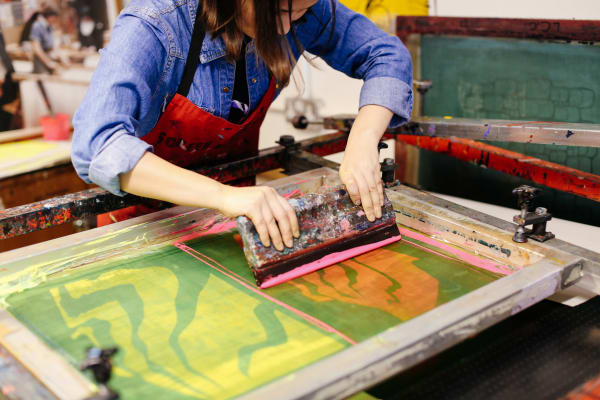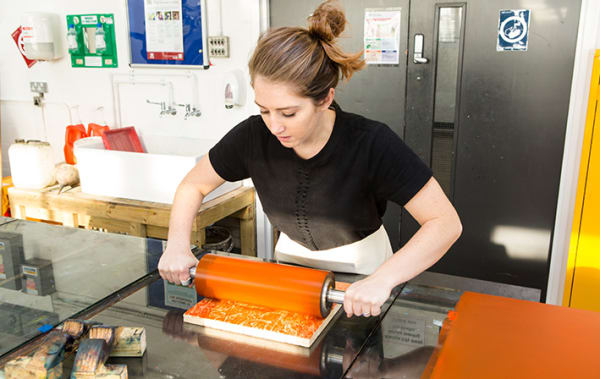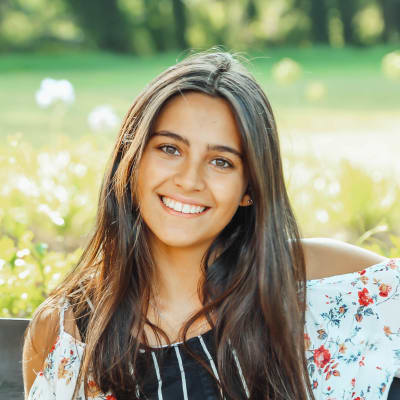Course units
We are committed to ensuring that your skills are set within an ethical framework and are working to embed UAL’s Principles for Climate, Social and Racial Justice into the course.
As part of this initiative, we’ve shaped our courses around social and environmental sustainability principles that ensure learning outcomes reflect the urgent need to equip you with the understanding, skills, and values to foster a more sustainable planet. Our aim is to change the way our students think, and to empower you to work towards a sustainable future.
MA Graphic Branding and Identity consists of 5 core Units.
Brand and Design Principles (40 credits)
You’ll work on identifying your own practice in relation to common approaches and develop a deeper understanding of the techniques required to produce effective graphic, brand and design communication.
A series of lectures, workshops and seminars will be available covering research methodologies in theory and practice and the wider contextual framework for contemporary graphic branding.
This culminates with a substantial visual summary (a process book of your design experiments) and a designed brand output.
Field of Study Report (20 credits)
You’ll undertake a scoping and profiling project called the Field of Study Report. This will help you to develop an appreciation of current debates that are shaping the future of the subject and gain an informed view of your own practice.
This will culminate with a piece of design writing of 2500 words.
Collaborative Unit (20 credits)
The Collaborative Unit encourages you to seek opportunities to work as graphic brand designers with external clients and organisations, form small design teams and report on the process of working with a diverse community of designers and thinkers.
The Collaborative Unit allows you to be directly in touch with the realities of a professional branding practice, and to examine these techniques, approaches and theories in a professional context.
This will culminate with a piece of critical writing of 2500 words and a portfolio of designed brand assets for your chosen client / project.
Major Project Proposal (Part 1 and Part 2) (40 credits)
Your Major Project Proposal builds on the work conducted in both Units 1 and 2 to move your study proposal forwards through a series of practical and contextual stages to plan a clearly defined and evaluated research inquiry.
This process focuses on an experimental exploring through design and research methodology, testing and designing new approaches to your intended brand and design project work.
This Unit will culminate in a critically- and design-focused written proposal of 3500 words and a substantial body of visual experiments and brand design strategies. This unit positions the direction of your Major Project.
Major Project: Practical and Report / Thesis – (Part 1 and Part 2) (60 credits)
Your major project develops from the rationale stated in the Major Project Proposal. These elements are then tested and applied in the creation of an original brand design-research project.
Your Major Project will be based on extensive research and a rigorous methodological approach, drawing together your learning from across the previous four units. You will develop a programme of investigation and analysis that supports you in the further development of your personal research project.
This will culminate with either:
A practical design resolution, supporting visual process work and a 5000-7000 word written report
or:
A designed MA thesis of 12000 – 15000 words.
